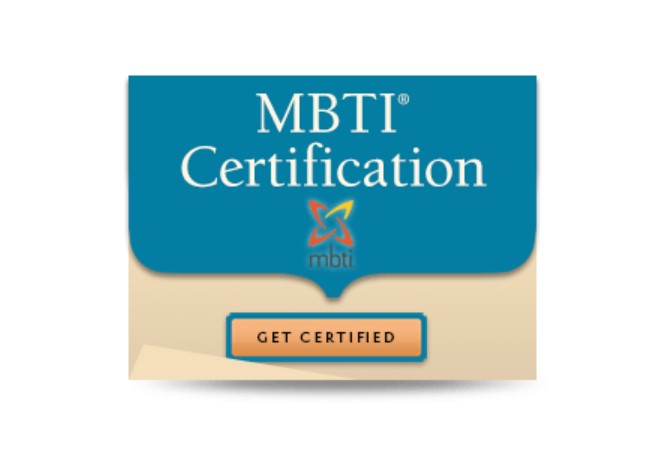The 4 Step Guide to Onboarding New Employees
For quite some time the system used in the hiring process was pretty standard. It usually consisted of signing a few documents, maybe undergoing a background check and then the training process. There wasn’t much done beforehand to make sure they were going to get up to speed quickly or that they would be a good fit for the company aside from doing well in interviews.
These days it is far more complicated. Since it costs so much to hire and train new employees it is a cost saving measure to make sure employee retention is high. So things like an MBTI certified practitioner is usually on staff to really measure whether an employee is going to fit in the company.
And the onboarding and training process is also more complex. So, if you are a small or medium business looking to streamline the process and at the same time make sure that the new employee is set up for success, then you need to modernise your system.
In this article, I will go over several ways that you can make this process easier on your company and the employee.
1 – Before day one
Before the new employee starts working they should be brought up to speed on many of the things they’ll need to get started running. This way there is little time wasted doing this process when they need to be trained. From day one, they should be focused on learning how to do their job.
At this point make sure that they have all the passwords and digital keys to the software that they need. If you are running a remote team with a virtual HR then have a secure way to send this information that is not able to be compromised.
If they are to be working physically in an office then they should have their keys, name tags and anything else they need to get into the building.
Also, give them a run down of the office culture so they know what to expect. If there is a casual Friday then make sure they know about it beforehand so they don’t look out of place that day.
2 – Digitize the paperwork
Many offices are going paperless for a variety of reasons. One of them is to make the HR process much simpler. By using digital signatures, a lot of the paperwork necessary for a new hire to get started working can be done electronically. This is especially important now that many offices are using remote teams.
Everything from the employee contract to the health insurance plan can be sent and signed electronically now so make sure to have this system in place even if the work won’t be done remotely.
Make sure that all the processes that will be done digitally are understood so that there is little resistance in using the system. For instance, time tracking, requests for paid time off and other HR processes can all be done via an app or software so the new employee may need to be trained on how to do this, This helps them and your HR department keep the process simple and streamlined.
3 – Assign a buddy
The first day of work is not unlike the first day of school when we were kids. It can be overwhelming and intimidating. Having somebody to hold the new hire’s hand will go a long way to make sure the first days go smoothly and everybody knows how things work and what’s expected.
This not only helps them get working faster, but also helps them feel comfortable and part of the team. Just having a video with a welcome message is not nearly enough these days.
Also, make sure that there is a moment for the CEO to have a quick word with the new hire to make sure that they don’t feel like just another cog in the wheel but an important part of the team.
4 – Set clear goals
It’s one thing to know the “what” of their job, in other words what they need to do to get the job done, but another to understand the “why”. What this means is that there needs to be an emphasis on the goals so everybody understands what’s at stake and that they can see the reasons behind the steps they need to take.
This way everybody feels like they are pulling on the same rope and want to do well as a team in achieving those goals.

